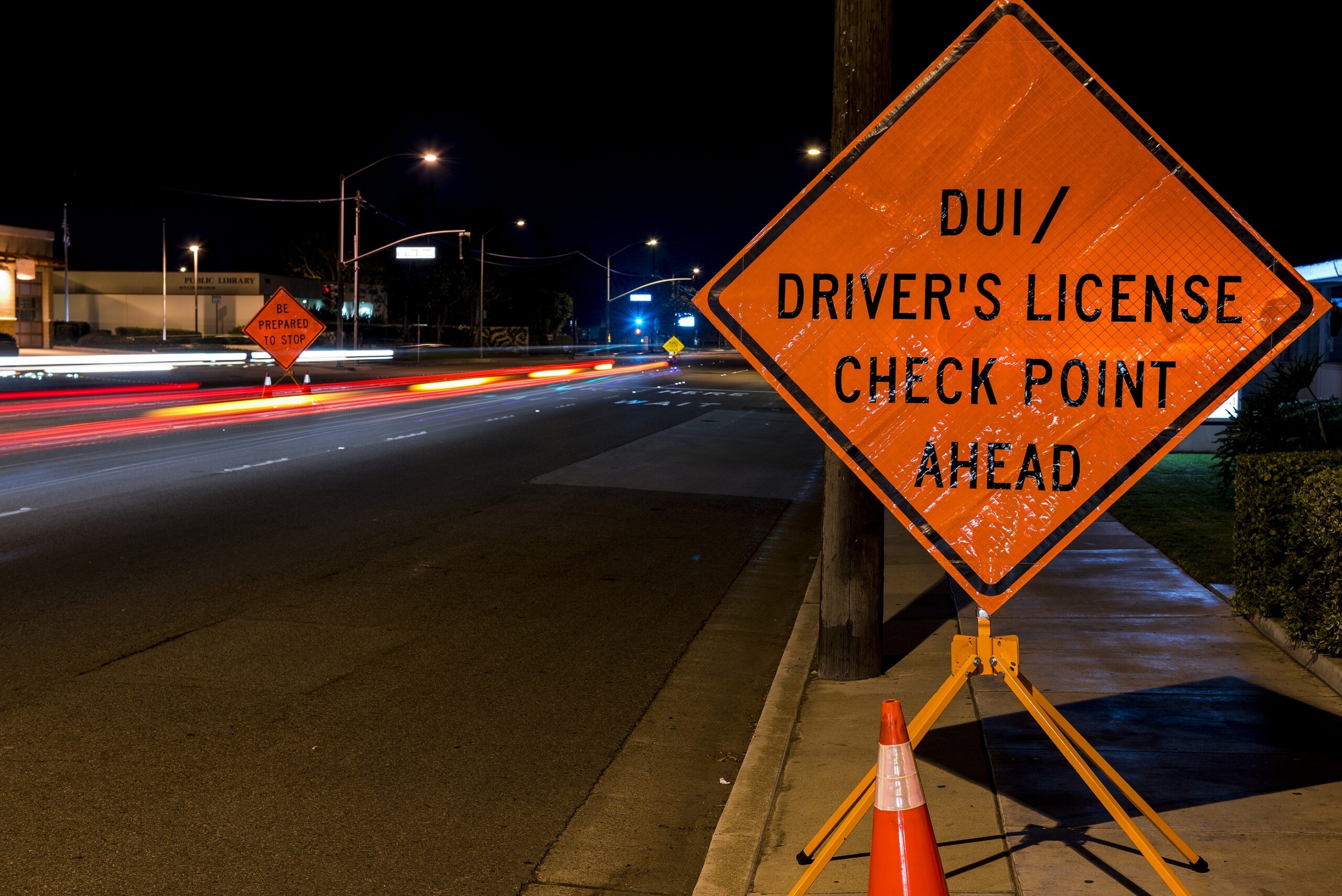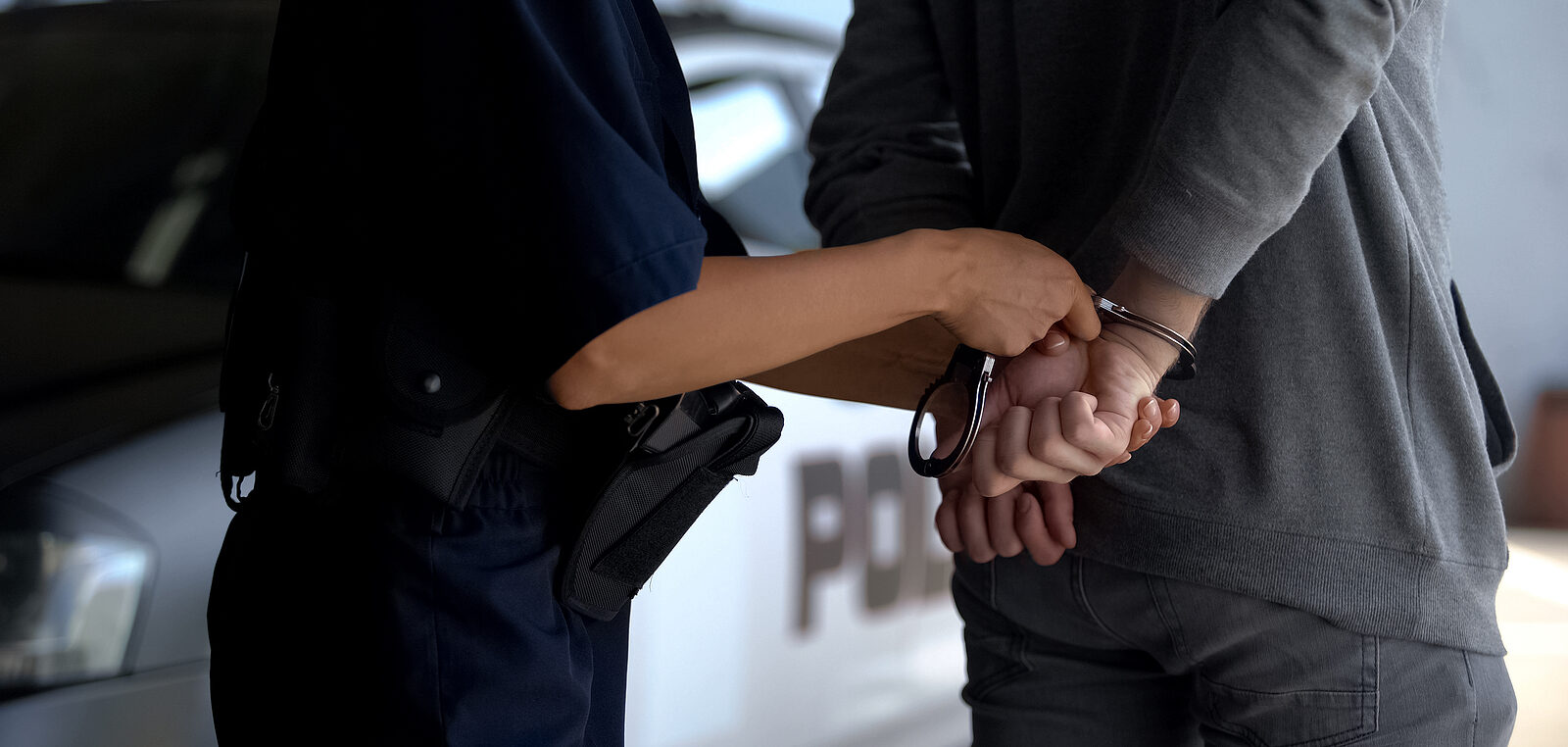Knowing Your Rights Can Make or Break a Case
It’s always a scary feeling when you see police lights in your rearview mirror. Even the most law-abiding citizen can be overcome with dread in these situations. Unfortunately, things can quickly get worse if police suspect that you’re driving under the influence. When this happens, what are your rights during a DUI traffic stop in St. Clair County?
Fortunately, you have many. Exercising many of these rights can be beneficial, but it’s important to recognize that some may affect your criminal defense if you’re charged with an offense. Due to the extreme nuance of the law and the serious penalties that Alabama is known to hand down, having a solid grasp of your legal rights is imperative.
The Right to Remain Silent
We’ve all heard it countless times on television shows: you have the right to remain silent. However, it’s important to realize that this right doesn’t merely exist on TV or when someone is charged with major crimes. Even on the side of the road when police ask you whether you’ve had anything to drink, you can exercise this constitutional right.
Of course, the internet is littered with videos of people being rude to police and refusing to answer any of their questions. This usually ends badly. This is why you should provide basic information like your name, driver’s license, and registration. However, if they start asking you where you’ve been or if you’ve been drinking – politely inform them that you wish to not answer.
The Right to Refuse Field Sobriety Tests
Have you ever seen someone taking a roadside sobriety test and thought, “I probably couldn’t pass that sober”? If so, you’re not alone. Field sobriety tests such as walking in a straight line, reciting the alphabet backward, following a bright light without moving your head, and other seemingly random tests are notoriously difficult for some people.
This is why they’re not required in Alabama. You can refuse these roadside tests, and there will be no legal implications. The prosecutor can’t even try to use the refusal against you if your case makes it to court. Many people think a field sobriety test is an opportunity to show the police that they’re sober and safe to drive. Unfortunately, this is typically a mistake.
Once police ask you to take a field sobriety test, it’s because they believe you’re drunk. At this point, this might be the most important right during a DUI stop in St. Clair County for you to exercise. A simple misstep or mistake could be used against you in court, which is terrifying considering how many officers improperly administer these tests.
Right to Refuse Roadside Chemical Tests (Sort Of)
While field sobriety tests are optional, Alabama has an implied consent law when it comes to chemical tests (e.g., breathalyzers, blood tests). This means that you agree to take these tests when you accept the right to drive on our state’s roadways. This is an administrative agreement, and violating it can result in administrative actions.
Breathalyzers are typically used when you’re suspected of alcohol intoxication, and blood tests are the norm when you might be facing additional drug crimes for “driving while high.” In most cases, police can’t physically force you to take these tests. However, your refusal will typically result in an immediate administrative suspension of your driver’s license.
Even worse, this suspension will usually be upheld even if the charges against you are dropped. Then again, perhaps you’re thinking that a suspension is better than a DUI conviction. This is a misguided belief because – unlike field sobriety test refusals – chemical test refusals can be used as evidence of your guilt. So, this “right” is one that’s exercised at significant risk.
Right to Challenge the Stop
Understanding your rights during a DUI traffic stop in St. Clair County can greatly benefit you in any criminal case filed by the prosecutor. However, there are several rights that come into play later – and these may prove even more important than what you do during the stop. For instance, the right to challenge the traffic stop could result in all charges being dropped.
The simple fact is that police have to abide by stringent rules when they make a stop or arrest. If they violate your constitutional rights or make certain mistakes, it could become impossible for the prosecution to secure a conviction. Such mistakes can relate to the legality of the traffic stop, the arrest process, and even errors during evidence collection.
Remember, the side of the road is not the right time to give police lessons in constitutional law. Arguing with them over your rights could result in trumped-up charges and even potential violence. Just keep your rights in mind, assert the ones that you can’t be forced into giving up (e.g., remain silent, refuse field tests), and get ready to seek legal assistance.
The Right to an Attorney
If you’re pulled over and police suspect that you’re drunk driving, there are various rights you can assert then and there. However, challenging the stop isn’t the only critical right that’s best asserted after the fact. One of these rights is the right to legal counsel. Police don’t have to let you contact a lawyer while on the side of the road, but you can certainly reach out to one later.
Criminal sentencing for drunk driving in Alabama is often severe. Understanding your rights during a DUI traffic stop in St. Clair County may help you avoid a negative outcome, but accused individuals rarely understand the full extent of their rights. This is where a criminal defense attorney can prove invaluable.
Don’t trust what police or prosecutors tell you. If there’s any hope of avoiding serious penalties, it’s typically with the help of an attorney. At Jim Golden Law, we’re here to help guide you through this difficult time. Contact us at 888-338-0501 to schedule your free initial consultation.








